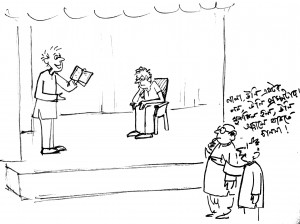
No, No, He is not the actor. He is the prompter. The problem is, he doesn't want to stay behind the curtain.
Prompting in theatre is now a dying art. Most theatre productions hardly use prompters these days. The actors are expected to memorize their lines before they even think of getting up on stage. But not too long ago, prompters were an essential part of any theatre. Two prompters would sit on two sides of the stage, hiding behind the wings and in a soft voice read the lines for the actors. The level of their voice should be such that it should be audible only to the actors on stage and not to the audience. This requires special skills. Also, for the actors, they need know how to perform with constant prompting going on from the sides. Hence prompters also need to rehearse with the actors. One of the greatest virtues a prompter should possess is to be selfless and not to look for audience appreciation. The actors collect all the accolades and applause, while the prompter need to stay satisfied with an occasional thank you from the actor. That too if he is lucky. Most of the time a prompter would have memorized all the lines of all characters and can possibly perform better on stage if given a chance.

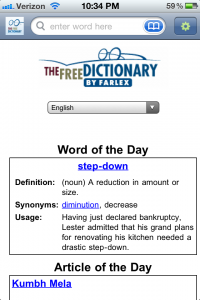
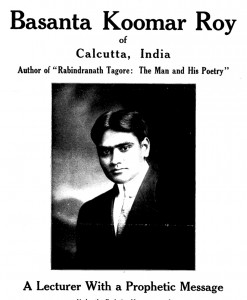
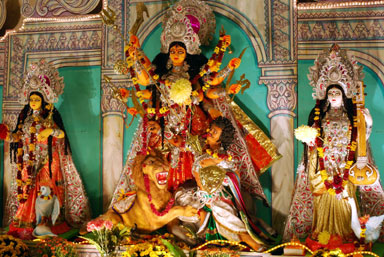 A few years ago at the annual Durga Puja, the organizing club published a booklet for the benefit of the generation born and raised here, explaining the significance and meaning of the festival and its various events on different days. Rightly so, the narration started with Mahalaya, the new moon day preceding the Puja. Mahalaya is actually a day when Hindus, typically Bengali Hindus pay homage to the ancestors, culminating in Sharodiya Durga Puja six days later. Indeed, it is a Hindu practice to invoke the blessings of the ancestors before any solemn occasion, be it a wedding or an Annaprasan. But that was not what the author of the little booklet wrote in his explanation of Durga Puja for our children. Mahalaya, according to his narrative was the day on which Calcutta radio broadcast an audio musical, Mahishasurmardini. And that was all, what Mahalaya meant!
A few years ago at the annual Durga Puja, the organizing club published a booklet for the benefit of the generation born and raised here, explaining the significance and meaning of the festival and its various events on different days. Rightly so, the narration started with Mahalaya, the new moon day preceding the Puja. Mahalaya is actually a day when Hindus, typically Bengali Hindus pay homage to the ancestors, culminating in Sharodiya Durga Puja six days later. Indeed, it is a Hindu practice to invoke the blessings of the ancestors before any solemn occasion, be it a wedding or an Annaprasan. But that was not what the author of the little booklet wrote in his explanation of Durga Puja for our children. Mahalaya, according to his narrative was the day on which Calcutta radio broadcast an audio musical, Mahishasurmardini. And that was all, what Mahalaya meant! 
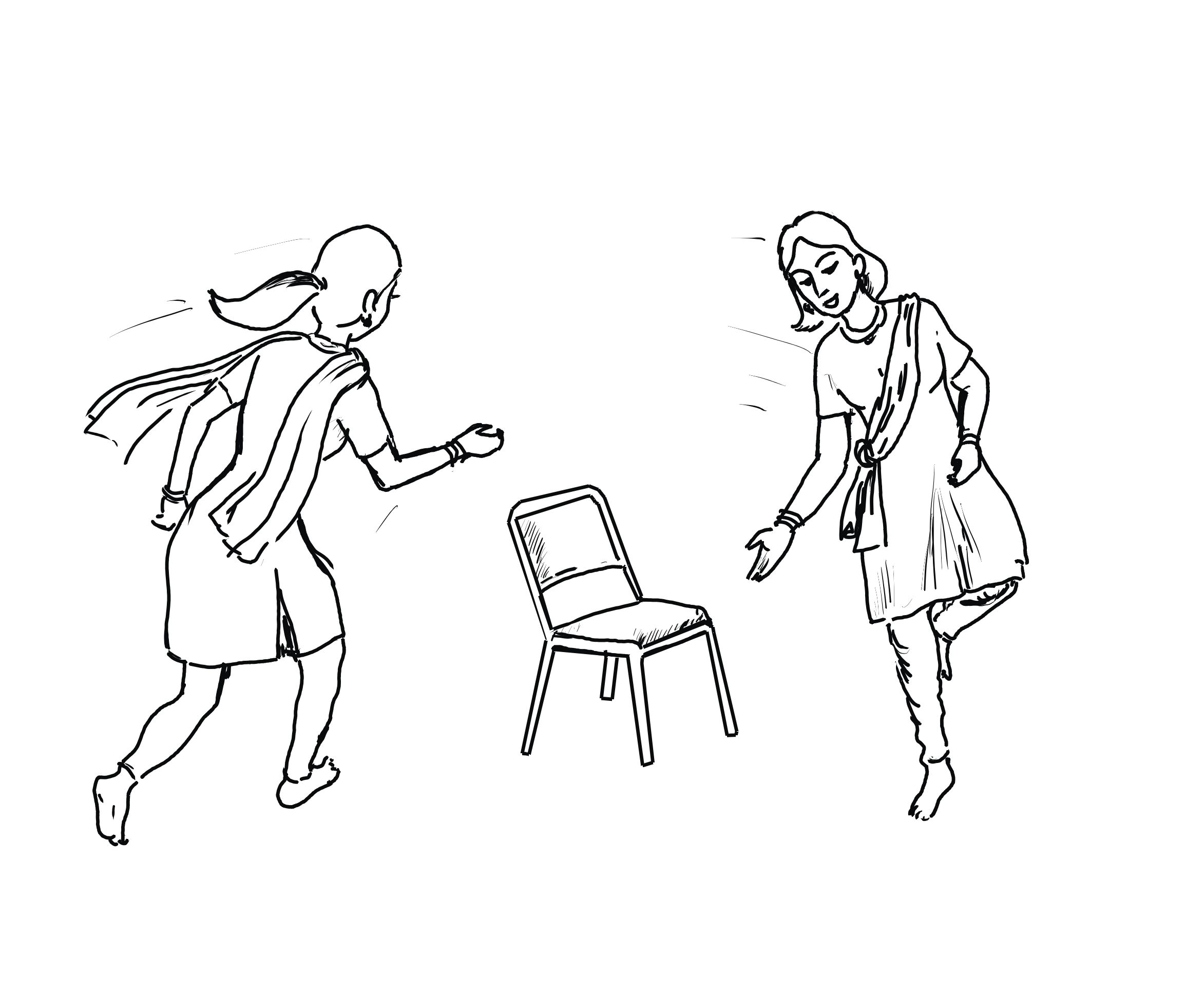 I wrote the play “Musical Chair” couple of years ago for a local magazine. That time I had no intention of staging the play, rather it was written more as a piece to be read rather than acted. The theatrical format did consider the staging related logistics, but the play demanded a lot from the actors and the director. Keka Sircar took up the challenge and we decided to stage the play along with “Ekti Gnaye Thaki”. A women director can bring to a play a perspective that is unique and for a play like “Musical Chair” it is almost essential. Since all the speaking characters in this play are women, the actors too can present the material in a form that we are not accustomed to in a male dominated stage. The way the play gets interpreted and presented by the women actors can never be achieved from a male perspective.
I wrote the play “Musical Chair” couple of years ago for a local magazine. That time I had no intention of staging the play, rather it was written more as a piece to be read rather than acted. The theatrical format did consider the staging related logistics, but the play demanded a lot from the actors and the director. Keka Sircar took up the challenge and we decided to stage the play along with “Ekti Gnaye Thaki”. A women director can bring to a play a perspective that is unique and for a play like “Musical Chair” it is almost essential. Since all the speaking characters in this play are women, the actors too can present the material in a form that we are not accustomed to in a male dominated stage. The way the play gets interpreted and presented by the women actors can never be achieved from a male perspective.